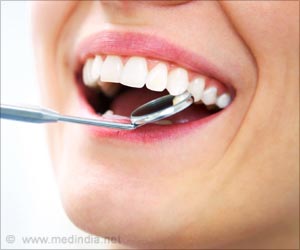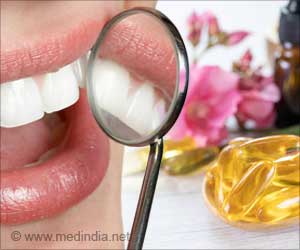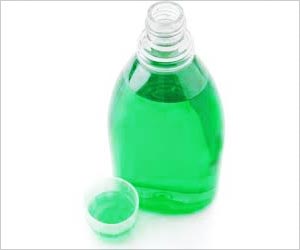February is National Children's Dental Health Month and as the American Dental Association (ADA) kicks it off with its Fifth Annual Give Kids A Smile Day on February 2 at nearly 2,200 locations across the country, the ADA offers advice for parents and caregivers to help children maintain healthy teeth and gums.
"Preventive dental care has greatly improved the oral health of American children," states Kimberly Harms, D.D.S., American Dental Association consumer advisor and general dentist from Farmington, Minn. "It is now possible for many children to reach adulthood without ever experiencing tooth decay and that is why good oral health practices should begin in infancy and continue throughout adult life."Dental Visits The ADA recommends regular dental check-ups, including a visit to the dentist within six months of the eruption of the first tooth, and no later than the child's first birthday. Preventive care such as cleanings and fluoride treatments provide your child with "smile" insurance. Routine dental exams uncover problems that can be treated in the early stages, when damage is minimal and restorations may be small. When necessary, dental radiographs (X-rays) are taken to see how the teeth are developing and to spot hidden decay.
Early Childhood Caries (Baby Bottle Tooth Decay) Baby bottle tooth decay can destroy your child's teeth. It occurs when a child is frequently exposed to sugary liquids such as milk, including breast milk, fruit juice and other sweet liquids. The ADA recommends the following steps to prevent your child from getting early childhood caries.
- Begin clearing your baby's mouth during the first few days after birth. After every feeding, wipe the baby's gums with a damp washcloth or gauze pad to remove plaque.
- Never allow your child to nurse or breast feed for prolonged periods and don't give him or her a bottle with milk, formula, sugar water or fruit juice during naps or at night in bed.
- Encourage children to drink from a cup by their first birthday.
Advertisement
- Help your child develop good eating habits early and choose sensible, nutritious snacks.
Advertisement
- A sealant is a clear or tooth-colored plastic material that is applied to the chewing surfaces of the back teeth where decay occurs most often.
- Sealants protect normal depressions and grooves in the teeth called pits and fissures, which are particularly susceptible to tooth decay.
Mouth Protectors Any child involved in a recreational activity, such as soccer, hockey, football, roller blading, riding a scooter and even bicycling should wear a mouth guard. There are "stock" mouth guards available in stores and a better-fitting variety, which are custom fitted by your dentist. Ask your dentist about using a mouth protector.
Source-Newswise
SRM











